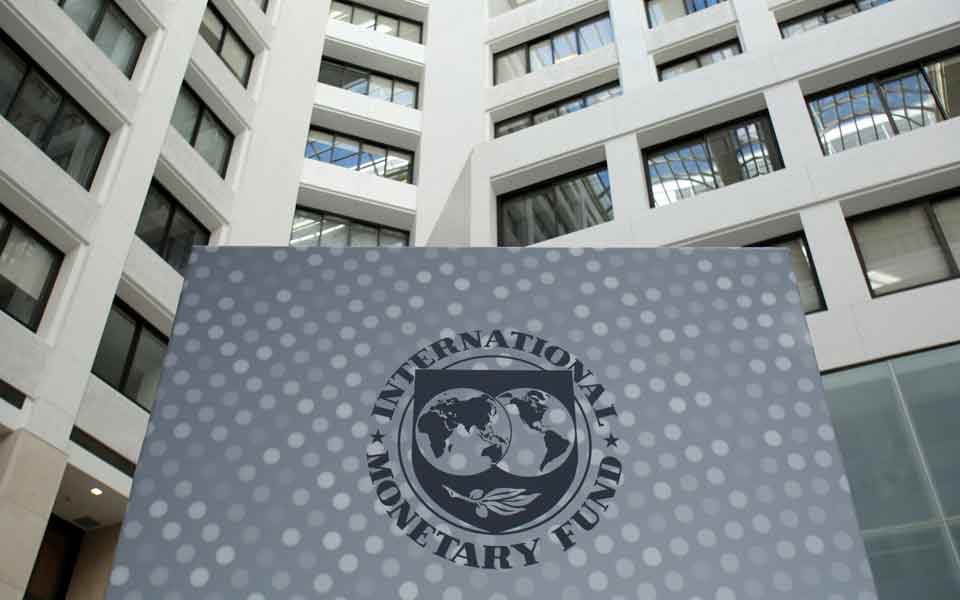IMF backs Greece’s primary surplus case

The Finance Ministry expects that negotiations over the reduction of the primary surplus target will begin upon the submission of the medium-term fiscal plan in April or May, which could last up until the fall, when the first 2021 draft budget is to be tabled in Parliament.
The issue, one of the most delicate matters in talks with the eurozone creditors, was also on the table at Prime Minister Kyriakos Mitsotakis’ meeting on Tuesday with International Monetary Fund Managing Director Kristalina Georgieva. Mitsotakis asked for and received the Bulgarian official’s support as lower primary surpluses have been the Fund’s fixed position recently; it remains to be seen how this support will be implemented in practice.
For the time being the Europeans appear reserved, with Germany saying informally that Greece should not raise the issue because Berlin would have a hard time passing it through the Bundestag. However, the matter will be discussed and Minister Christos Staikouras may actually raise it with his eurozone peers even earlier.
Athens intends to tread cautiously, is in no rush and has yet to determine its strategy. What it has already decided, sources say, is that the submission of the new midterm fiscal plan (for 2021-24) will be accompanied by a new debt sustainability study. This analysis, by the Public Debt Management Agency, will take into account the lower borrowing interest rates and the prospects for higher growth than seen in previous studies, highlighting the scope for the debt’s reduction.
Ministry sources say the midterm plan will probably have two scenarios: one with unchanged primary surplus targets, at 3.5 percent of gross domestic product up to 2022 and 2.2 percent thereafter, and another with reduced targets, depending on the scope the debt sustainability analysis allows.
The IMF argues that the target should be brought down to 1.5 percent of GDP, while Staikouras has referred to an ideal target of 2 percent, though the government would be happy with a compromise at 2.5 percent.





